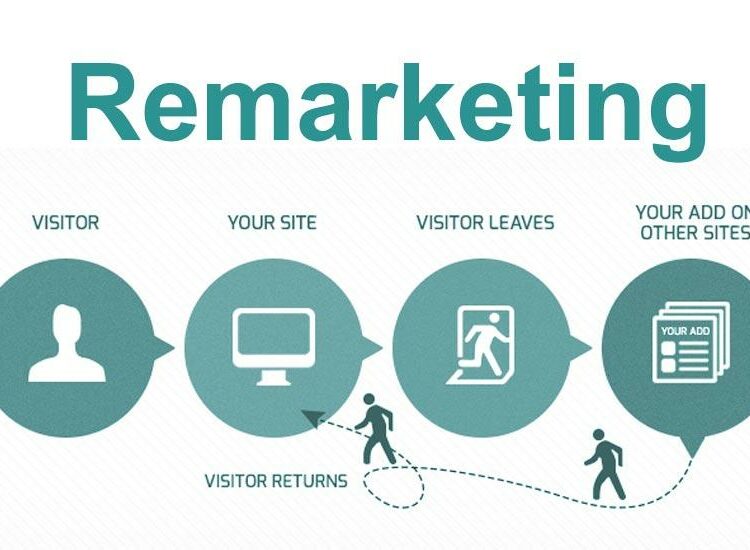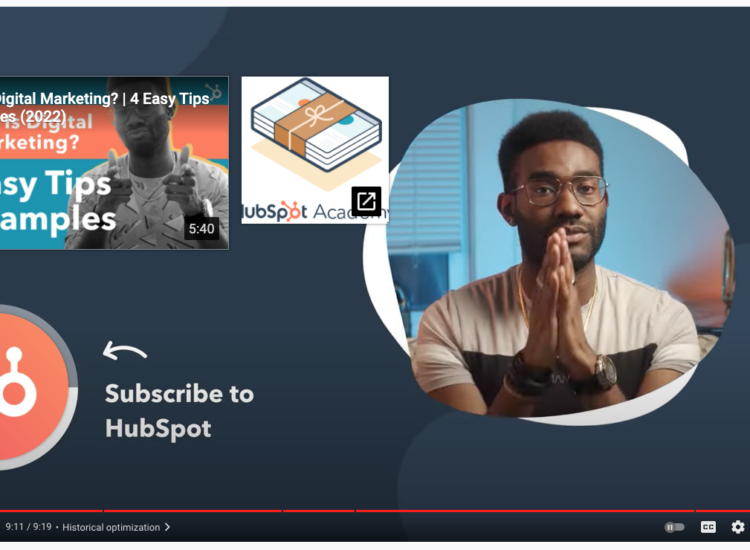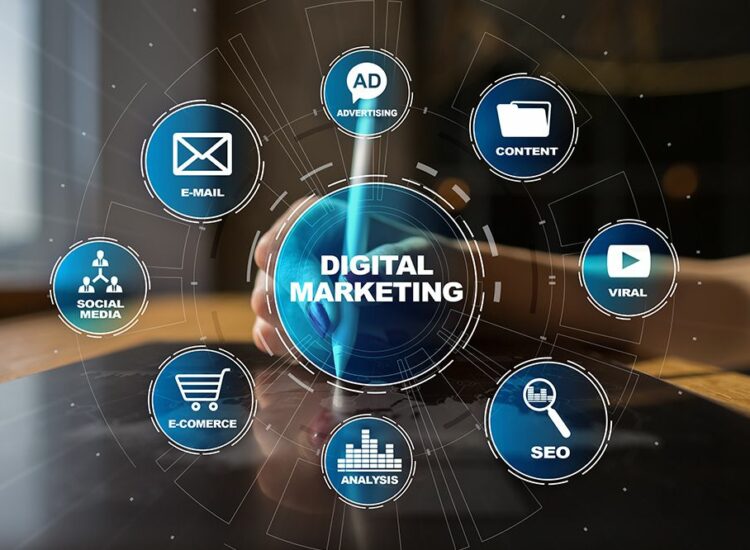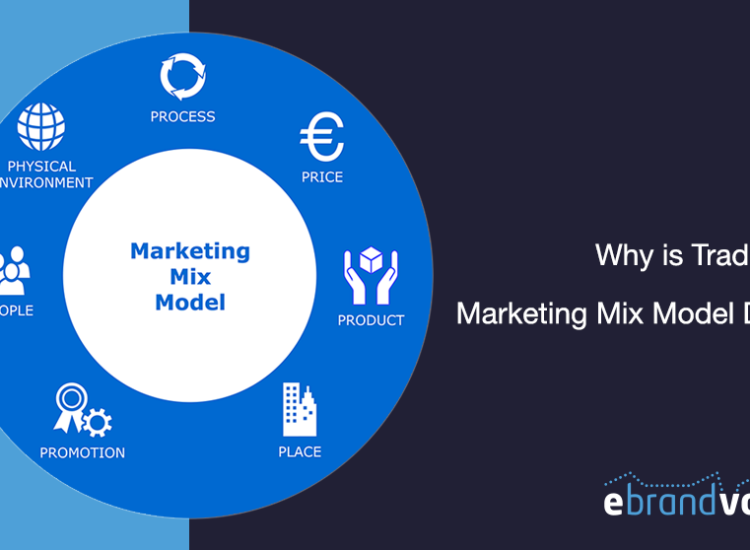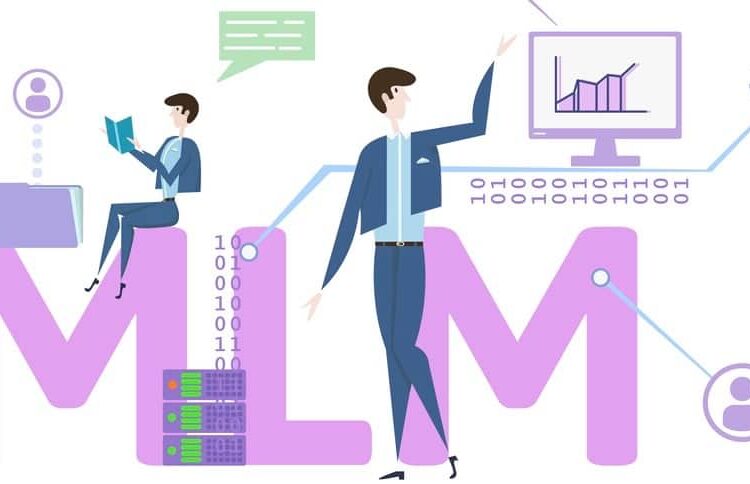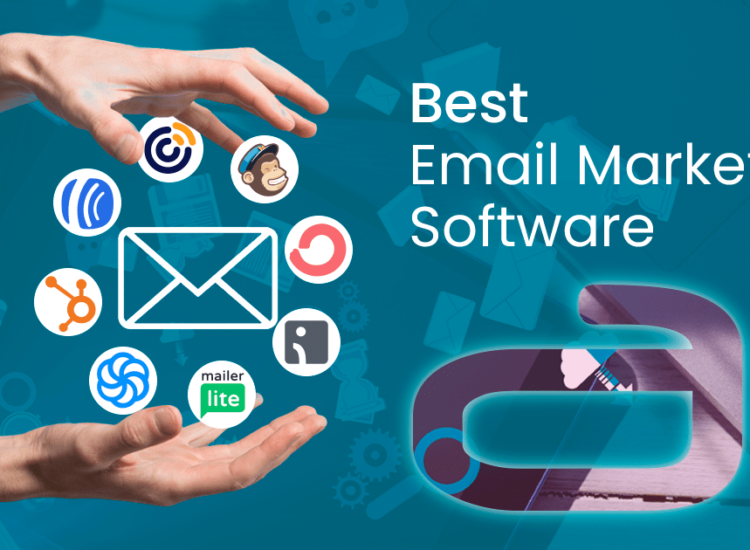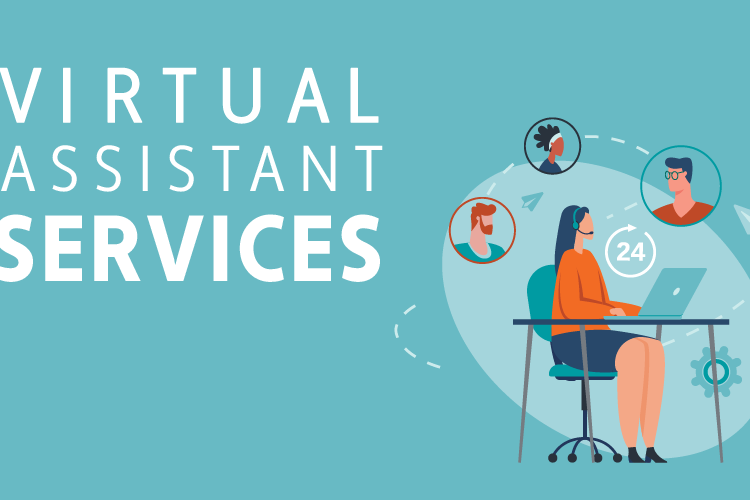Marketing webinars are quickly becoming one of the most effective tools for small businesses to reach their target audience and drive growth. With the rise of virtual events, webinars have become an essential part of any successful marketing strategy. In this guide, we will explore how small businesses can leverage marketing webinars to achieve success.
Toc
- 1. Introduction to Webinar Marketing
- 2. Hosting a Successful Marketing Webinar
- 3. How to Leverage Marketing Webinars for Small Business Success
- 4. Benefits of Hosting and Attending Marketing Webinars
- 5. Promoting Webinars Effectively to Maximize Attendance
- 6. Tools and Platforms for Hosting Successful Webinars
- 7. Conclusion
Introduction to Webinar Marketing
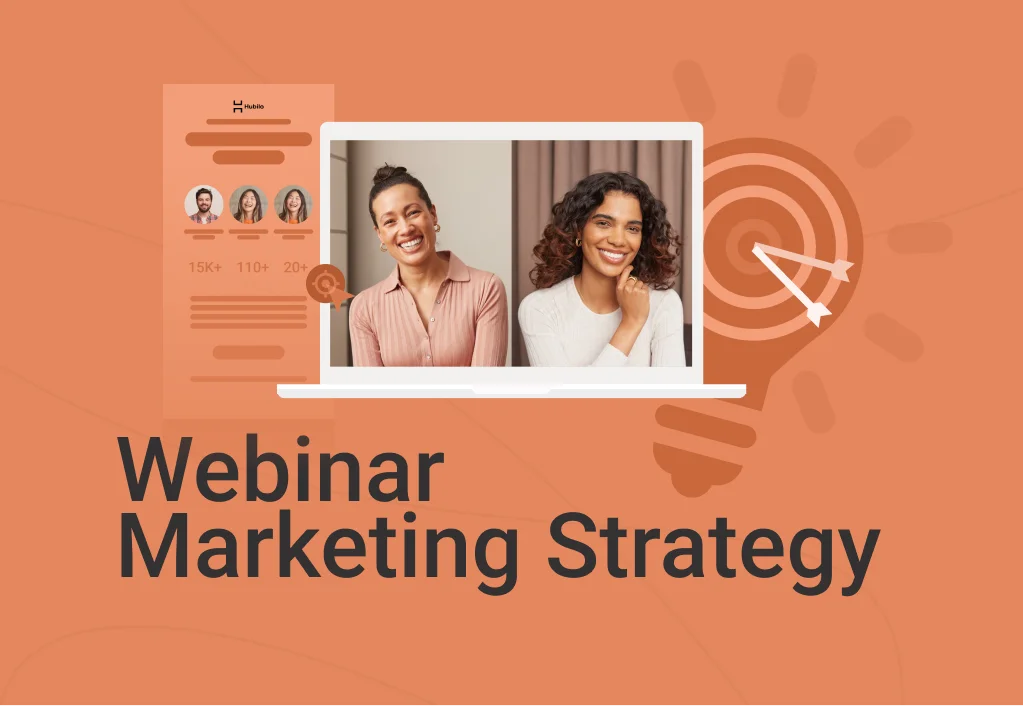
In the fast-paced world of digital marketing, small business owners need to stay ahead of the curve. One effective strategy for achieving this is through marketing webinars. These online seminars provide a platform to share valuable information, engage with your audience, and establish your business as an industry thought leader. But what makes marketing webinars so important for small businesses?
What is Marketing Webinar?
A marketing webinar is an online event where businesses can deliver presentations, workshops, or training sessions to educate and engage their target audience. These events are typically held in real-time and allow for interaction between the presenter(s) and attendees through features such as live chat, polls, and Q&A sessions.
Benefits of Webinar Marketing
There are several advantages that small businesses can gain from hosting marketing webinars:
- Increased Reach: Webinars have a global reach, allowing small businesses to connect with potential customers from all over the world.
- Cost-effective: Hosting a webinar requires minimal resources compared to traditional marketing tactics like conferences or trade shows.
- Lead Generation: Webinars provide an opportunity to collect valuable contact information from attendees, making it easier to follow up and convert them into customers.
- Establish Authority: By providing valuable and relevant information during a webinar, small businesses can establish themselves as industry experts, gaining the trust of their audience.
- Engagement and Feedback: Webinars allow for direct interaction with attendees, providing an avenue to answer questions, gather feedback, and build relationships with potential customers.
Why Webinars?
Webinars offer a unique opportunity for small businesses to connect with potential customers in a more personal and interactive setting. Unlike traditional advertising methods such as TV or radio commercials, webinars allow businesses to create a dialogue with their audience and build relationships.
Moreover, hosting a webinar is cost-effective and requires minimal resources compared to other marketing tactics. It is also easily scalable, allowing businesses to reach a larger audience without significantly increasing costs.
Hosting a Successful Marketing Webinar
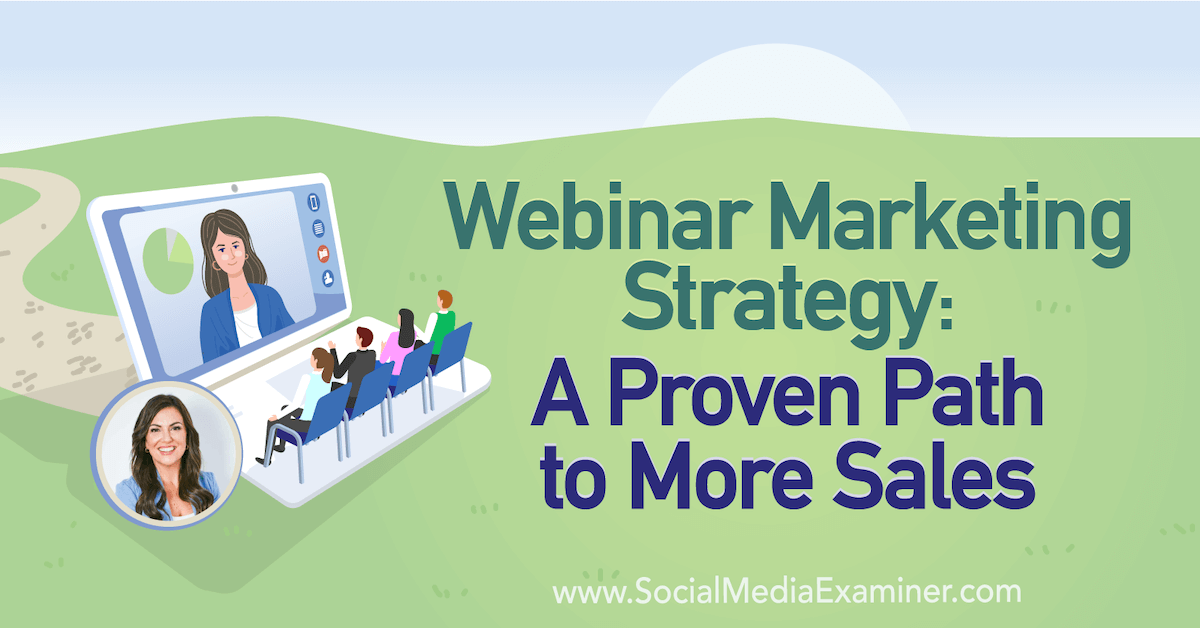
To achieve success with marketing webinars, small businesses need to have a well-planned strategy in place. Here are some tips for hosting a successful webinar:
Define Your Goals and Target Audience
Before planning your webinar, it is essential to define the goals you want to achieve and identify your target audience. This will help you create content that resonates with your audience and aligns with your business objectives.
Choose the Right Platform
There are various platforms available for hosting webinars, such as Zoom, GoToWebinar, and Microsoft Teams. It is crucial to choose a platform that offers the features you need, such as live chat, polls, and Q&A sessions, to engage with your audience effectively.
Create Engaging Content
The success of a webinar largely depends on the quality of its content. To keep your audience engaged, make sure to create informative and relevant material that addresses their pain points and provides solutions.
Promote Your Webinar
To attract attendees to your webinar, it is essential to promote it through various channels such as social media, email marketing, and your website. Be sure to include information about the topic, speakers, date, and time in your promotions.
Follow Up and Build Relationships
After the webinar is over, follow up with attendees by providing them with additional resources and information related to the topic. This will help build trust and relationships with potential customers.
How to Leverage Marketing Webinars for Small Business Success

Now that we have established the benefits of marketing webinars, let’s explore how small businesses can leverage this tool for success:
1. Identify Your Goal
Before hosting a webinar, it is crucial to clearly identify your goal. What do you want to achieve with this event? Is it brand awareness, lead generation, or establishing authority in your industry? Perhaps you’re looking to educate your audience on a specific topic or foster community engagement. Once you have a clear and well-defined goal in mind, you can effectively tailor your content and set metrics to measure the success of your webinar, ensuring that every aspect aligns with your objectives.
2. Choose a Relevant Topic
To attract and engage your target audience, it is essential to choose a topic that resonates with them and addresses their pain points or interests. Conduct thorough market research, survey your audience, or reach out to your existing customers to gather insights on what topics they are eager to learn more about. Consider trending issues within your industry and how your expertise can provide solutions or valuable insights. A well-chosen topic will not only draw in attendees but also keep them invested throughout the session.
3. Plan Your Content
Once you have identified your goal and topic, it’s time to meticulously plan your content. Ensure that it is informative, engaging, and provides substantial value to your audience. Incorporate various formats such as presenting industry insights, sharing case studies, or offering practical tips and actionable advice related to your business. Additionally, consider structuring your content to include stories or real-life examples to make it relatable. This will not only enhance understanding but also keep your audience captivated.
4. Select the Right Speakers
Having a knowledgeable and charismatic speaker can make all the difference in the success of a webinar. Consider inviting someone from your team who has expertise in the topic or an industry expert with a strong reputation who can effectively deliver the content and engage with the audience. Ensure that the speaker is comfortable with the format and has experience presenting to a virtual audience. A dynamic speaker can foster a deeper connection with attendees and enhance the overall experience.
5. Promote Your Webinar
Promotion is key to attracting a diverse range of attendees to your webinar. Utilize various platforms like social media, email marketing, and your website to reach a broader audience. Create eye-catching graphics and compelling copy that highlights the key information such as the topic, speakers, date, and time. Consider leveraging partnerships with influencers or other organizations to extend your reach. Additionally, establishing a registration page can help you collect attendee information and build anticipation for the event.
6. Engage Your Audience
During the webinar, actively engage your audience using interactive features such as live chat, polls, and Q&A sessions. Encourage attendees to ask questions and share their thoughts, fostering a sense of community and participation. This will not only make the event more interactive but also allow for direct communication between attendees and speakers, creating a more personalized experience. You might also consider breaking up the presentation with short discussions or activities to maintain energy and interest throughout the session.
7. Follow Up After the Webinar
After the webinar concludes, it’s important to follow up with attendees by providing them with additional resources or information related to the topic discussed. This could include access to a recording of the webinar, slides, relevant articles, or exclusive offers. Following up helps build trust and nurtures relationships with potential customers, showing that you value their participation. Additionally, consider sending out a feedback survey to gather insights on their experience and suggestions for improving future webinars. This feedback is invaluable for refining your approach and ensuring continued success.
Benefits of Hosting and Attending Marketing Webinars
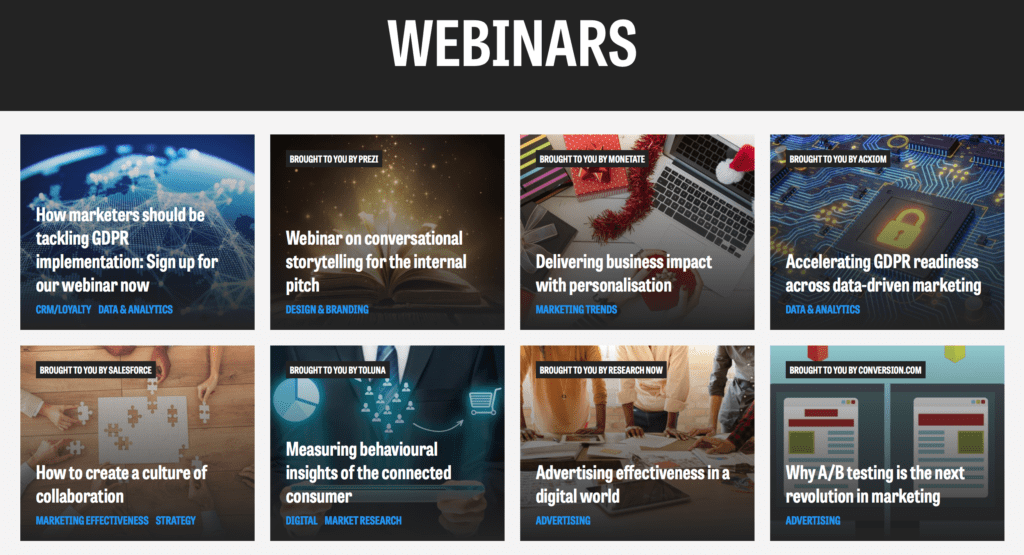
Marketing webinars offer many benefits for both the host and attendees. Some of these include:
Hosting Webinars
- Lead Generation: Webinars attract participants who are genuinely interested in your topic, making them high-quality leads.
- Brand Authority: By sharing your expertise, you position your business as a trusted authority in your industry.
- Customer Engagement: Webinars offer a direct line of communication with your audience, fostering strong customer relationships.
- Cost-Effective: Hosting a webinar eliminates the need for a physical venue and allows you to reach a larger audience at a lower cost.
- Analytics: With various tracking and analytics tools, you can gather valuable insights on attendee engagement and use that data to improve future webinars.
Attending Webinars
- Access to Expertise: Attendees have the opportunity to learn from industry experts and gain valuable insights.
- Engagement Opportunities: Interactive features allow attendees to engage with speakers and other participants, creating a sense of community.
- Convenience: Attendees can participate in webinars from anywhere with an internet connection, saving time and resources.
- Cost-Effective: Webinars eliminate the need for travel and accommodation costs typically associated with attending events.
- Networking: Webinars provide an opportunity to connect with like-minded individuals and industry professionals from around the world. Overall, marketing webinars are a valuable tool for businesses to attract and engage their target audience, establish thought leadership, and drive conversions.
Promoting Webinars Effectively to Maximize Attendance
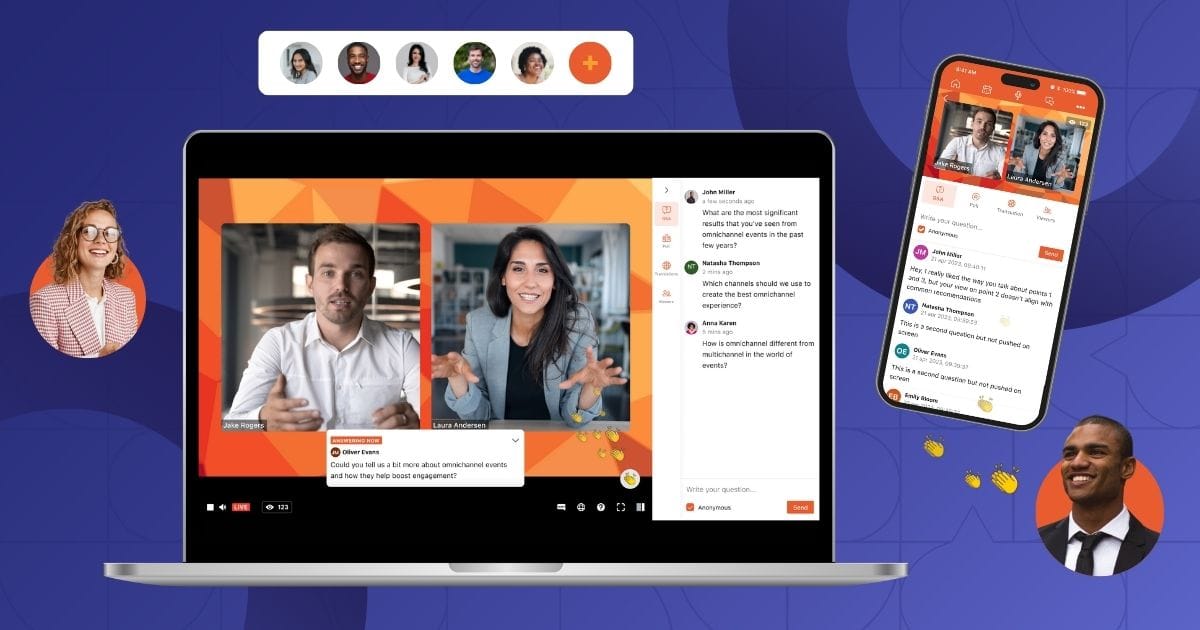
Promotion is key to ensuring a high turnout for your webinars. Here are some effective strategies:
Email Marketing
Email marketing remains one of the most effective ways to promote your webinars and increase attendance. Start by creating an engaging email announcement that highlights the webinar’s key details—topic, speakers, date, and time—while also stressing the value attendees will gain from participating. Schedule reminder emails leading up to the event to keep it at the forefront of their minds; typically, a reminder a week before and another one day prior are effective. Employ segmentation in your email list to tailor messages for different audience segments, thus ensuring that the content resonates with various groups within your target demographic. Additionally, include clear call-to-action buttons to simplify the registration process and boost conversions.
Utilizing social media platforms is essential for broadening your reach and capturing the attention of potential attendees. Create visually appealing posts that include eye-catching graphics and short, engaging video teasers about the webinar. Use the appropriate hashtags to increase visibility and invite interaction. Engaging with your audience through comments and shares can elevate interest. Consider hosting a countdown series leading up to the event or running a social media contest to encourage shares and registrations. Live streams or stories on platforms like Instagram and Facebook may serve as a great way to build excitement and remind your audience about the upcoming webinar.
Collaborate with Partners
Partnering with industry influencers, organizations, or complementary businesses can significantly expand your promotional efforts. These collaborators can share the webinar with their own audiences, providing invaluable exposure. Craft a mutually beneficial agreement where both parties gain visibility and co-promote the event. Joint webinars, where both parties share insights, can also attract attendees from both audiences, leading to higher engagement and value. Leveraging existing networks can amplify your outreach and enhance credibility, encouraging more participants to register.
Landing Pages
Creating a dedicated landing page for your webinar is crucial for maximizing registration conversions. This page should offer comprehensive information about the event, including its purpose, key takeaways, and speaker credentials. Use striking visuals and compelling copy to capture visitors’ attention and convey the value of attending. Ensure that the registration form is prominently displayed and easy to complete, reducing friction for sign-ups. Incorporating testimonials or previous webinar highlights can further instill confidence in potential attendees. Additionally, consider optimizing the landing page for search engines to enhance visibility and attract organic traffic, allowing more people to discover your event. Lastly, include social sharing buttons to encourage registrants to share the webinar with their networks, further expanding your reach.
Tools and Platforms for Hosting Successful Webinars
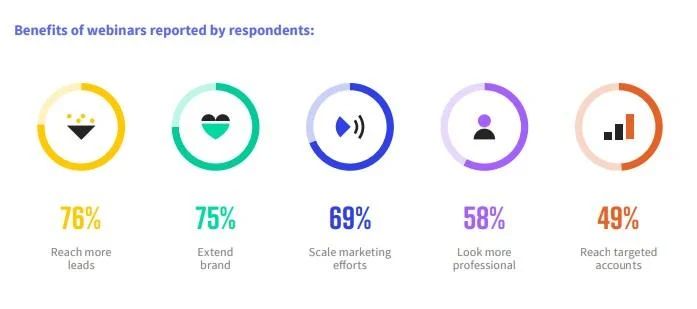
Choosing the right tools and platforms is essential for a smooth webinar experience. Here are some popular options:
Zoom
Zoom has become one of the leading platforms for hosting webinars due to its user-friendly interface and robust features. It allows hosts to engage with a large audience, accommodating up to thousands of participants depending on the plan. Key features include interactive tools such as polls, Q&A sessions, and breakout rooms, which enhance audience participation and engagement. Additionally, Zoom offers excellent reliability and high-quality video and audio, ensuring a seamless experience for both the host and attendees. Its ability to record sessions also provides the option for attendees to access content later, making it an ideal choice for educational and informational webinars.
GoToWebinar
Another powerful platform is GoToWebinar, which is designed specifically for hosting webinars. It boasts an array of features that cater to professional presentations, including customizable registration pages, in-depth analytics, and a range of reporting tools that help measure attendee engagement and behaviour. GoToWebinar also supports automated email reminders and follow-ups, which can boost attendance rates. Its integration capabilities with various marketing tools streamline the process of managing registrations and tracking results, making it a popular choice for marketers and businesses.
Webex
Webex is a versatile platform that offers solutions tailored for both small and large webinars. Known for its security features, it ensures that webinars are protected and private, which is crucial for businesses handling sensitive information. Webex provides features like interactive whiteboards, video layouts, and audience engagement tools, making it easy to keep participants involved throughout the session. Its cloud recording functionality allows hosts to share recorded content easily, further enhancing the reach and impact of the webinar.
Microsoft Teams
For organizations already using Microsoft products, Teams offers a seamless integration for hosting webinars. It provides a familiar interface for users and comes equipped with essential features including chat functionalities, file sharing, and direct links to Outlook for calendar integration. Teams also supports real-time collaboration, which is advantageous for hybrid events and workshops that involve group activities. Its accessibility options make it easier for participants to join from various devices, enhancing flexibility.
In choosing the right platform, it’s important to evaluate the specific needs of your webinar, such as audience size, engagement features, and the level of support required. Each platform has its unique strengths, so selecting one that aligns with your objectives will contribute significantly to the success of your webinar.
Conclusion
In conclusion, effectively promoting and hosting a successful webinar requires a blend of strategic planning, engaging content, and the right tools. By implementing compelling promotional techniques, such as eye-catching social media posts and collaborations with partners, you can significantly increase visibility and registrations. Creating an informative and visually appealing landing page will help capture potential attendees’ interest, while leveraging reliable platforms like Zoom, GoToWebinar, Webex, or Microsoft Teams ensures a seamless experience. Ultimately, by focusing on these essential elements, you will not only enhance participant engagement but also foster a lasting connection with your audience, paving the way for future events and initiatives.
